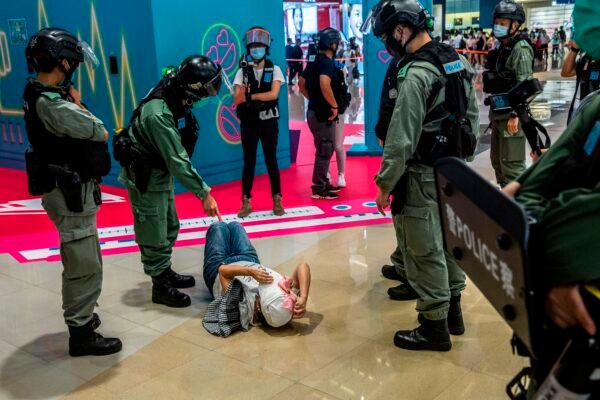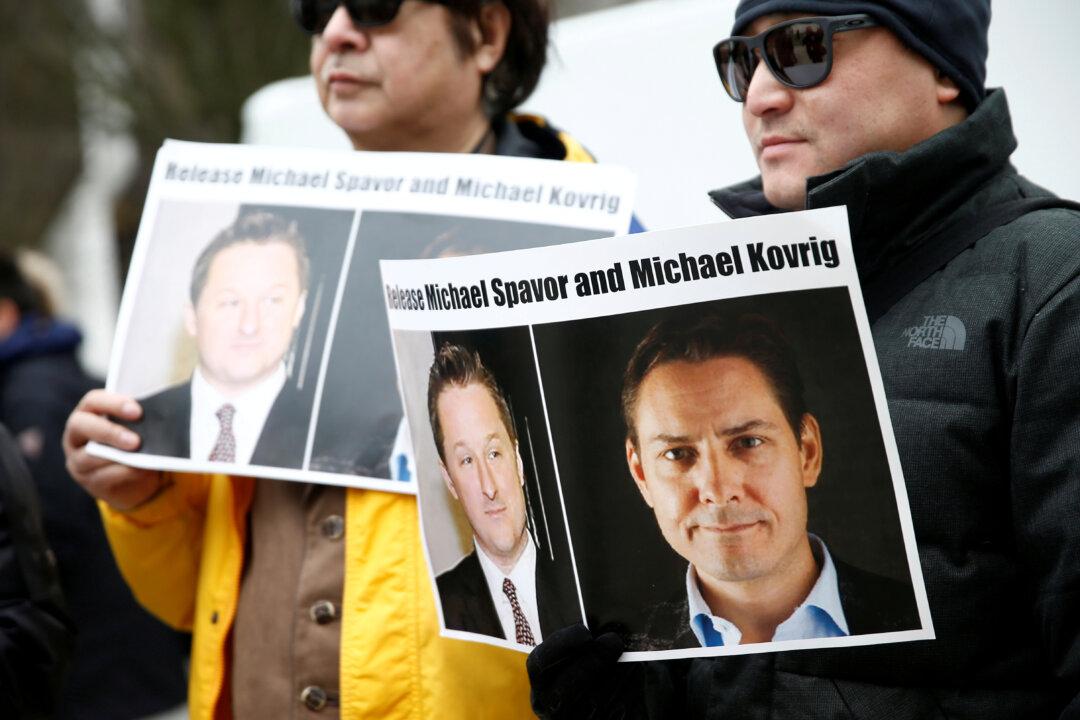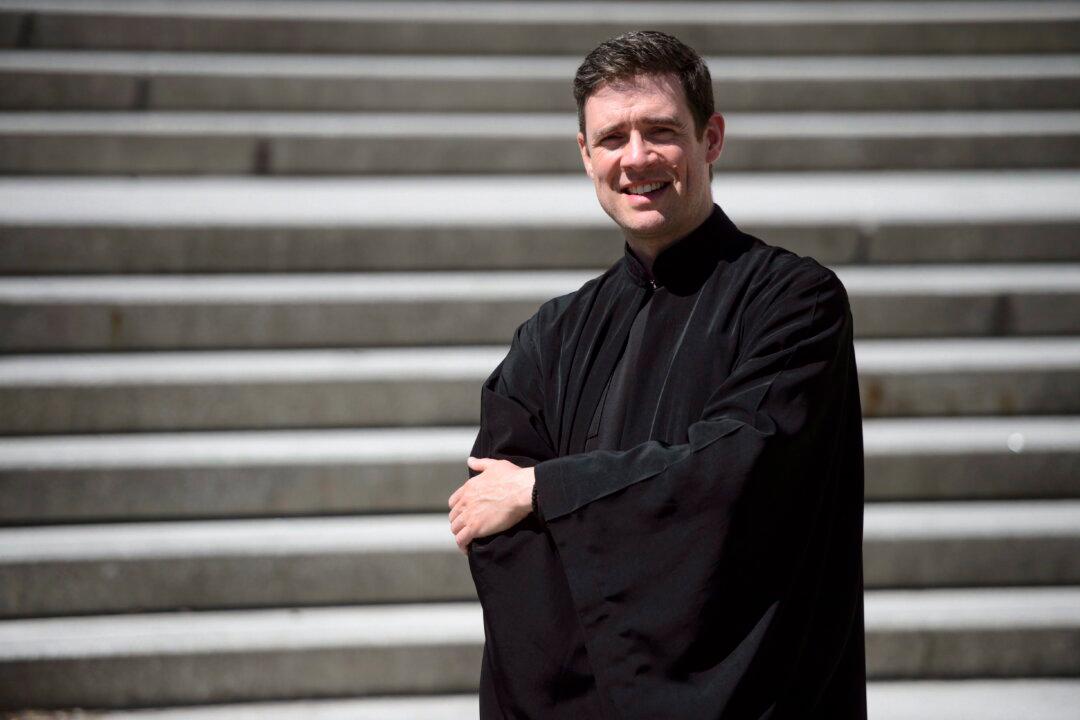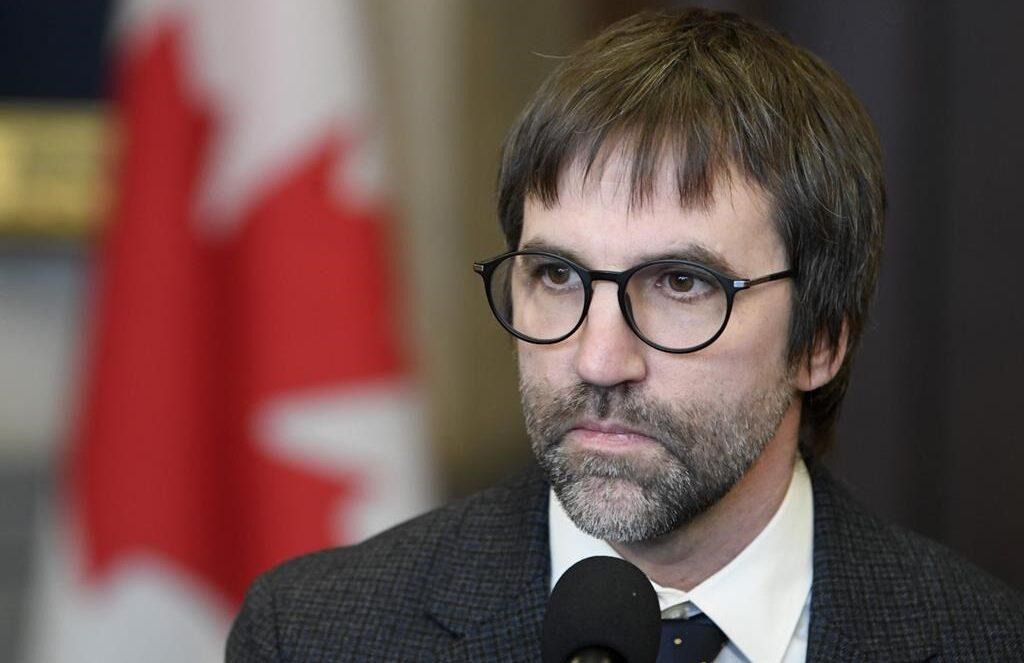As many countries around the world reassess their relationship with the Chinese Communist regime, Canada is in a unique position to build alliances with other link-minded democracies in order to push back against bad behaviour with a more unified voice, says Conservative MP Philip Lawrence.
Canada’s legacy as a defender of human rights and its middle-power status makes it naturally suited to a “consensus builder” role—one that can work with others to achieve a common goal, Lawrence says.
“If we work as a team, if we work with the other great countries in the world, the other free peoples, I believe that we can push the Chinese communist government to do more of the right things,” he said.
Lawrence’s comments come as relations between Canada and China continue to deteriorate.
Canadians Michael Kovrig and Michael Spavor remain jailed in China, and earlier this month a fourth Canadian was given the death penalty on drug charges in that country since Canada detained Huawei executive Meng Wanzhou in 2018—a move that infuriated Beijing.
The fate of the CCP’s victims could still be salvaged if Canada has the “political will” to take a stronger stance against the regime and work with allies to push back, says Lawrence, who is a member of the Standing Committee on Justice and Human Rights.
“We’re facing a very challenging regime in the Chinese communists, and we need to not be afraid to push back and stand up for Canadians,” he said.
“We can’t be afraid to stand up for Canadians and for free people around the world.”
Ties between Canada and China have soured since Canada’s arrest of Meng, a Huawei company executive and the daughter of Huawei’s founder. She was detained in Vancouver at the request of the United States, which wants her extradited to face fraud charges over the company’s dealings with Iran.
Many countries have reassessed their relationship with China due to the coverup of the global pandemic that originated in Wuhan and has killed at least 780,000 people worldwide, including 9,000 Canadians.
The regime also received international condemnation for imposing a draconian national security law on Hong Kong last month, effectively ending the ‘one country, two systems’ arrangement, while arresting activists en masse. Signed into law on June 30, the legislation stipulates punishment up to life in prison for acts of subversion, terrorism, and “collusion with foreign forces.” It also calls for the creation of a security agency in Hong Kong under the direct control of Beijing.

This week, the parliamentary Canada-China committee—whose future is in limbo now that Parliament has been prorogued—heard testimony from several experts who said the new security law in Hong Kong puts all Canadians at risk. The committee was set up earlier this year to address the fraught relationship between Ottawa and Beijing.
In addition to the 300,000 Canadians living in Hong Kong, any Canadian who travels to or transits through Hong Kong are at risk of being arbitrarily detained under the law if they’ve said or done anything that could anger Beijing, Alvin Cheung, a Canadian citizen and scholar at New York University’s U.S.-Asia Law Institute who studies authoritarian abuses of law told the committee.
Canadians currently living in Hong Kong must now “live in fear” of violating the national security law because there “can be no meaningful certainty” as to what will be treated as a violation, Cheung testified on Aug. 17.
Lawrence said Canada and other democracies need to “stand arm in arm” with the people of Hong Kong and hold Beijing accountable for its actions, as well as for a laundry list of ongoing human rights abuses perpetrated by the regime such as the repression of Uighur Muslims and Falun Gong practitioners.
“It comes down to having strong leadership,” he said, adding Canadian politicians need to accept “the reality” of the regime, not what “we hope it to be.”
That leadership could take many different forms: working in concert with the United States and other allies, imposing sanctions on Chinese or Hong Kong officials involved in rights abuses, or working with pro-democracy NGOs or community groups.
The United States has led the charge so far by introducing a flurry of direct measures to counter the regime, ranging from sanctions against human rights violators and the removal of Hong Kong’s special trade status to the closing of a Chinese consulate in Houston and a formal denial of the CCP’s hegemony in the South China Sea.
Whatever action Canada takes is an opportunity to showcase the country’s values on the world stage, and show who Canadians are, says Lawrence.
“I believe in individual liberty and freedom, and so this is to me at the heart of who Canadians are and what we must do to step up.”





